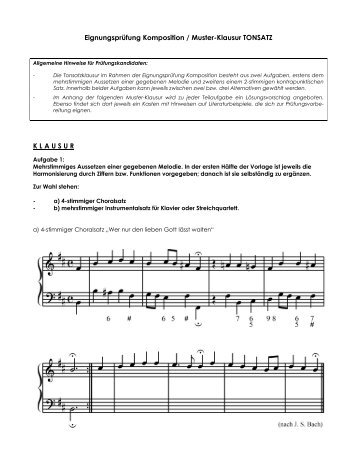Plautus Truculentus
Truculentus Introductory Note The Truculentus is one of those Plautine plays that has attracted highly divergent judgments. As Cicero tells us ( Cato 50), Plautus himself was very pleased with this comedy, which he had written in his old age, like the Pseudolus; this positive assessment, shared by many Renaissance scholars, also predominates today. Earlier, however, the play was held in much lower esteem, especially in the nineteenth century; thus Kiessling once remarked that Plautus’ fondness for this play could only be explained by the fact that fathers are generally fond of their youngest and weakest children. This negative attitude is not difficult to explain. There is not much action in the play and its main theme is the success of the clever, calculating prostitute Phronesium over her customers. They are so completely enthralled that they do not realize how she is taking advantage of them or that, despite being aware of her true character, they still cannot help being subservient to her.
May 12, 2009 - According to Cicero (De Senectute 50), Truculentus was produced in Plautus' still vital last years. Cicero lumps Truculentus together with. Plautus withanenglishtranslationby paulnixon dkakofbowdoinoolukgk,xaiks infivevolumes v snchus threebobday truculentus thetaleofatravellingbag fragments.#e london williamheinemannltd cambridge,massachusetts harvarduniversitypress mcmlii. Firstprinted193s reprinted1952 pfl t printedingreatbritain.
Plautus Truculentus


In Plautine comedy a girl intended for prostitution can triumph, but only if she has a good character and is revealed to be a freeborn virgin. The victory of an actual prostitute over her customers, treated as the main theme of a comedy, is unprecedented in Plautus.
At the end of the play the nor 252. Truculentus mative happy ending does not occur; there is no reward for love or virtue. Windows 7 x64 iso direct download. But before assessing the merits of the play or its lack thereof, we must look at its structure. The prologue of the Truculentus in its current form is only twenty-one lines long and rather uninformative.
Not all Plautine prologues are primarily intended to set out the plot structure, but there are clear indications that something has been lost from this one. In its present form, all that the prologue tells us about the contents of the comedy is that Phronesium, who is said to have a character typical of the present generation (l.
Plautus Truculentus
13), has fraudulently introduced a boy into her family and claims to be his mother in order to get financial support from the soldier Stratophanes, who is returning from Babylon and who believes that he is the child’s father. We glean more information from the ensuing monologue of Diniarchus, who used to be Phronesium’s main customer but was ousted by the wealthier Stratophanes. Diniarchus, who returned from state business in Lemnos two days before our comedy begins, is certainly aware that Phronesium has always taken advantage of him financially, • 253.